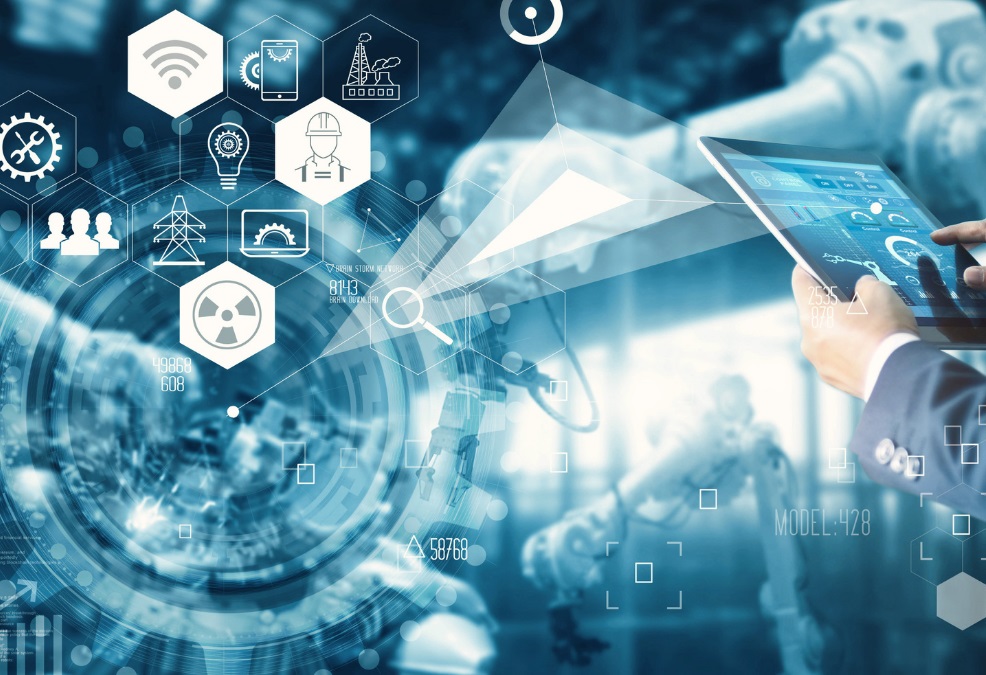AI (Artificial Intelligence) is no longer a thing of the distant future. It is something that’s become part of the here and now. Take for example the machine learning that goes into building and optimizing automated systems such as those used in finance. Machine learning and AI also play an integral role in voice assistants such as Alexa that are used to control home automation systems.
The above are uses of AI that are already well fairly well integrated into our society. But that’s just the tip of the iceberg. There are so many more applications and possibilities opened up by AI that are on the distant horizon. In light of these, what is our future going to look like? Is AI going to be something positive or negative in our future?
The Good & the Bad
Home automation systems already make use of AI. Every time you ask Alexa to switch off your light, you’re benefitting from AI at work. Voice assistants use AI and machine learning to differentiate the sounds they pick up from you. They take these sounds and match them to a library of words in order to make sense of what you say. Based on that, they carry our commands by relaying instructions to other smart devices on the network via the IoT.
Also, think about home automation systems that use facial recognition software for security purposes. Thanks to AI, smart devices can process an image of your face in real-time and distinguish it from someone else’s in order to decide whether to allow you entry into your home. These are all advantages of AI and machine learning that are already making our lives easier.
Let’s take a hypothetical scenario, of an AI application that isn’t quite as widespread yet. Imagine that self-driving cars become the norm. Cab drivers and chauffeurs would most probably be out of jobs, on the one hand, and that’s not great; there’s always been that fear that intelligent machines would replace humans in the workforce.
On the other hand, what if these self-driving cars cut down the occurrence of road accidents significantly? Once calibrated properly, self-driving cars would not have the human weakness of potentially falling asleep behind the wheel or driving recklessly while under the influence.
The Unknown
We’ve only scratched the surface of all the applications that AI can have. So it’s hard to determine just yet what impact it will have on our society in the future. With the advent of technologies such as 5G, which would improve the speed of communication between devices on the IoT (Internet of Things), the possibilities really do become endless.
Only time will tell whether or not the net effect of AI is positive or negative on our society. But perhaps, the more pragmatic way of looking at it is this: as with many other things that have the potential to have great power over our lives, what matters most is how it’s used.

Editorial Staff at Shinrai Smart Home are experts on smart home technologies.


Recent Comments